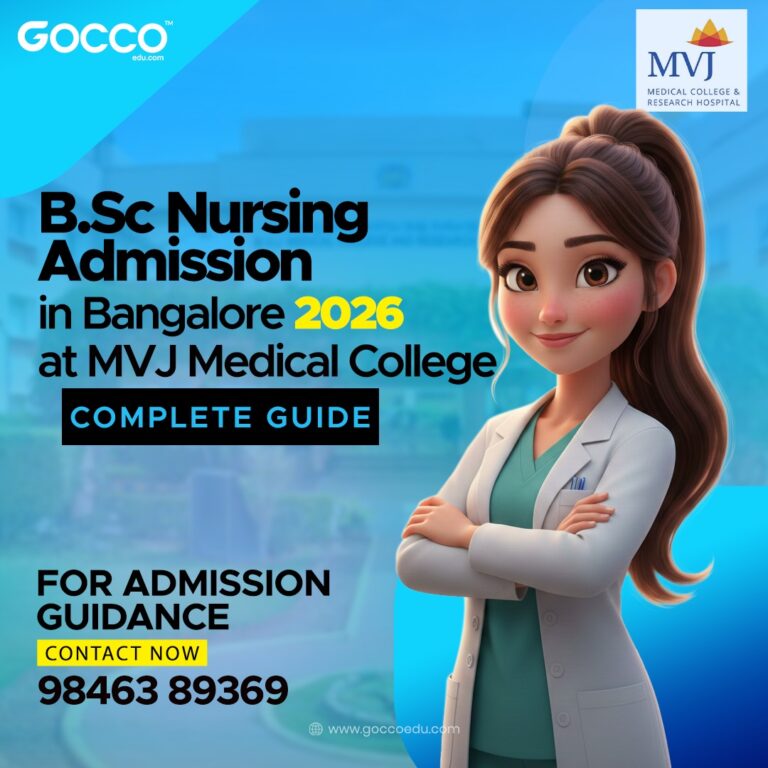BSc Nursing stands for Bachelor of Science in Nursing. This four-year undergraduate program is intended for those who want to work as registered nurses. It gives students the information and abilities they need to treat patients and offer healthcare services. The course combines practical clinical training in a variety of healthcare settings with theoretical classroom learning.
Eligibility for BSc Nursing Admission 2025
Candidates must have completed Class 12 with a Science stream, specifically with Physics, Chemistry, and Biology (PCB) subjects, to be eligible for BSc Nursing Admission 2025. For admission to BSc Nursing programs, several entrance exams are administered, including well-known tests like KCET, NEET, CUET, AIIMS Paramedical, IPU CET, BVP CET, AIIMS, and PGIMER.
Job Scope and Salary for BSc Nursing Graduates
Newly qualified nurses should anticipate starting with a salary between INR 2.5 and 3 LPA after graduation. After five years of employment, nurses with greater experience might make anywhere from INR 5 to 9 LPA. The WHO recommends three nurses per 1000 people, however, India currently has 1.7 nurses per 1000 people. To address healthcare demands, India would need an extra 4.3 million nurses by 2024.
Graduates of the Bachelor of Science in Nursing program can choose from a variety of jobs, such as positions in government or private hospitals, nursing education, or promotion, prevention, treatment, care, and rehabilitation in a variety of healthcare organizations. The need for medical personnel has increased dramatically as a result of the pandemic, which has benefited the healthcare sector.
A three-year curriculum called GNM Nursing (General Nursing and Midwifery) trains students to become professional nurses and offers crucial medical assistance. Students must finish a six-month internship in places like hospitals, nursing homes, and private medical firms following the academic component. For those who want to help doctors and sick people in a variety of healthcare settings, this course is perfect.
Students can select the study method that best fits their needs from the two main categories of GNM nursing courses available in India: Basic Regular GNM and Distance GNM.
Eligibility for GNM Nursing
Candidates must have passed their 10+2 exam in any subject (science, arts, or commerce) from an accredited board to be eligible for the GNM Nursing program. To be admitted to the course, students must receive at least 40% to 50% of the possible points on their 12th-grade exam. GNM Nursing does not have a centralized exam like other nursing programs do. Admissions procedures are frequently determined by the requirements of each college or institution.
Job Scope and Salary for GNM Nursing Graduates
There are many different employment options available to graduates of the GNM Nursing program in the nursing and healthcare industries. Among the positions open to GNM nurses are:
- Clinical Nurse Specialists
- Legal Nurse Consultants
- Forensic Nurses
- Traveling Nurses
- Nursing Educators
- Healthcare Administrators
GNM nursing graduates can expect to make up to INR 9 LPA on average, depending on their level of expertise and the kind of healthcare facility they work in.
Offering crucial support in hospitals, clinics, assisted living facilities, and even private medical businesses, this course is a great starting point for anybody looking to pursue a career in the healthcare sector.
Post Basic B.Sc. Nursing (PB-B.Sc.) is a two-year undergraduate programme designed to inculcate an in-depth understanding of advanced level nursing. Under this programme, aspirants brush up their learning to provide complete medical care to the patients. The students acquire both surgical and non-surgical nursing skills that prepare them for varied real-world clinical and hospital settings.
ELIGIBILITY
The eligibility criterion is minimum 50% for a Diploma or Certificate program in Nursing, such as General Nursing and Midwifery (GNM) or Auxiliary Nurse Midwife (ANM) from an INC approved nursing school.
JOB SCOPE AND SALARY
A Post Basic BSc Nursing course can open up various career opportunities and avenues for registered nurses (RNs) who wish to advance their careers and specialise in specific areas of Nursing.
Many Post Basic BSc Nursing graduates continue to work as clinical nurses, but their advanced education allows them to take on more specialised roles in areas such as Critical Care, Pediatric Nursing, Psychiatric Nursing, or Gerontology. Post Basic BSc Nursing graduates may work in hospitals, clinics, long-term care facilities, or home healthcare settings.
MSc Nursing, or Master of Science in Nursing, is a 2-year PG course that prepares registered nurses (RNs) for advanced practice roles in specialized areas of Nursing or leadership positions within the healthcare system. The MSc Nursing curriculum typically includes advanced coursework in nursing theory, research methods, healthcare policy, leadership, and specialized clinical practice.
ELIGIBILITY
To be eligible for MSc Nursing, candidates must have passed BSc Nursing or Post Basic BSc Nursing with a minimum of 55% from an INC approved nursing college in India.
JOB SCOPE AND SALARY
The MSc Nursing graduates can opt for job profiles such as Clinical Nurse Managers, Staff Nurses, Nurse Educators or Registered Nurses. Many top recruiters employ MSc Nursing graduates such as Fortis Hospitals, Columbia Asia Hospitals, CMC, Ayurvedic treatment centres, AIIMS, etc. MSc Nursing job openings in India are available in both public and private hospitals. MSc Nursing scope and pay in India not only gives students a diverse variety of study alternatives and a competitive wage, but it also assists them in overcoming employment obstacles. After earning an MSc Nursing degree, students can pursue a variety of job opportunities.
Nursing, offers different undergraduate degrees in areas like 3 Year GNM Nursing, 2 Year Post Bsc Nursing, 4 Year Bsc Nursing, Msc Nursing and Phd Nursing.
Duration
Looking to pursue nursing in India? Here's a brief overview of program durations: BSc Nursing takes 4 years, GNM about 3 years, and MSc Nursing 2 years after completing BSc. Check with schools for specific details and start your journey today!
Specializations
Some nursing programs offer specializations in areas such as Pediatric Nursing, Obstetrics and Gynecological Nursing, Psychiatric Nursing, Critical Care Nursing, Community Health Nursing, and Geriatric Nursing.
Career Opportunities
After earning a Bachelor of Nursing degree, you can become a Registered Nurse (RN) and work in hospitals, clinics, or other healthcare settings. You can also pursue advanced roles like Nurse Practitioner, Nurse Educator, Nurse Administrator, Clinical Nurse Specialist, or Nurse Researcher, specializing in areas such as pediatrics, obstetrics, mental health, or community health.
Curriculum
The nursing curriculum covers topics like Anatomy and Physiology, Pharmacology, Nursing Theory and Practice, Health Assessment, Medical-Surgical Nursing, Maternal and Child Health Nursing, Mental Health Nursing, and Community Health Nursing.
Admission Requirements
To get into a nursing program, you usually need a high school diploma or equivalent and should be good in science subjects like Biology and Chemistry.
Further Education
After getting a Bachelor of Nursing degree, you can pursue more education. This might include a Master of Science in Nursing (MSN) degree, where you can specialize in different areas like Nurse Practitioner or Nurse Educator. You can also get a doctoral degree like a Doctor of Nursing Practice (DNP) or a Ph.D. in Nursing to become an advanced nurse or researcher. More education in nursing helps improve your skills and job options in healthcare.
Gocco Edu: Expert Guidance for Your Admission Journey
Welcome to Gocco Edu! We’re here to help you succeed in your studies and build a bright future. Our platform offers many services to support you, including help with choosing the best colleges and universities, and resources for your learning journey. We’re dedicated to providing quality education and personalized support, so you can reach your full potential and compete in today’s world. Join us and let’s work together to achieve your academic goals and success!
If you have any questions or need help with nursing admissions and picking the right colleges, call Gocco Edu now! Our experts are here to assist you in reaching your academic aspirations and securing a bright future in nursing.
TOP COLLEGES
The top B.sc nursing colleges , such as Kanachur Medical College Mangalore, Srinivas Medical College Mangalore , Akash medical College Bangalore , Oxford medical College Bangalore , Shree Satya Sai medical College & Research Centre Chennai , Sree Balaji medical College & hospital Chennai , Yenepoya University, Mangalore etc.., are renowned for their exceptional quality of education and impressive placement records. These institutions offer comprehensive nursing programs that provide students with a strong foundation in healthcare practice, preparing them for successful careers in the nursing profession. Graduates from these colleges emerge well-equipped to make significant contributions to patient care and thrive in the healthcare industry.
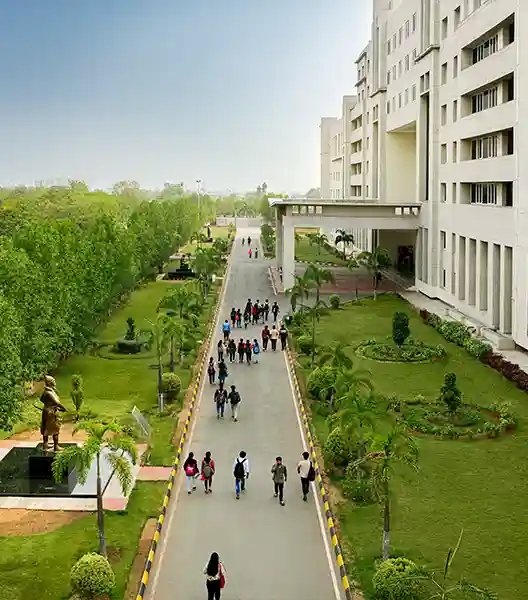
GITAM




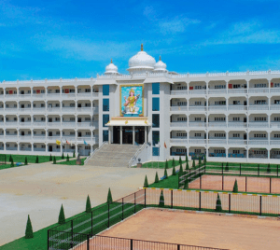
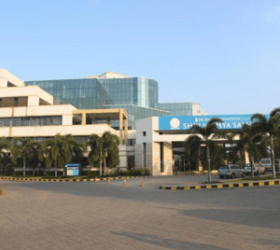
Chennai
Bangalore
Andhra Pradesh
Take the next step with Gocco Edu! Apply now for a brighter future filled with learning opportunities and personal growth.
Exploring Nursing Excellence: Gocco Edu's Gateway to India's Leading Universities
TOP UNIVERSITIES
Gocco Edu provides access to top Bsc nursing universities in India, featuring prestigious institutions like Sri Venkateswara Institute Of Medical Sciences - Deemed to be University (SVIMS). These universities offer high-quality nursing education and are renowned for their excellent academic programs
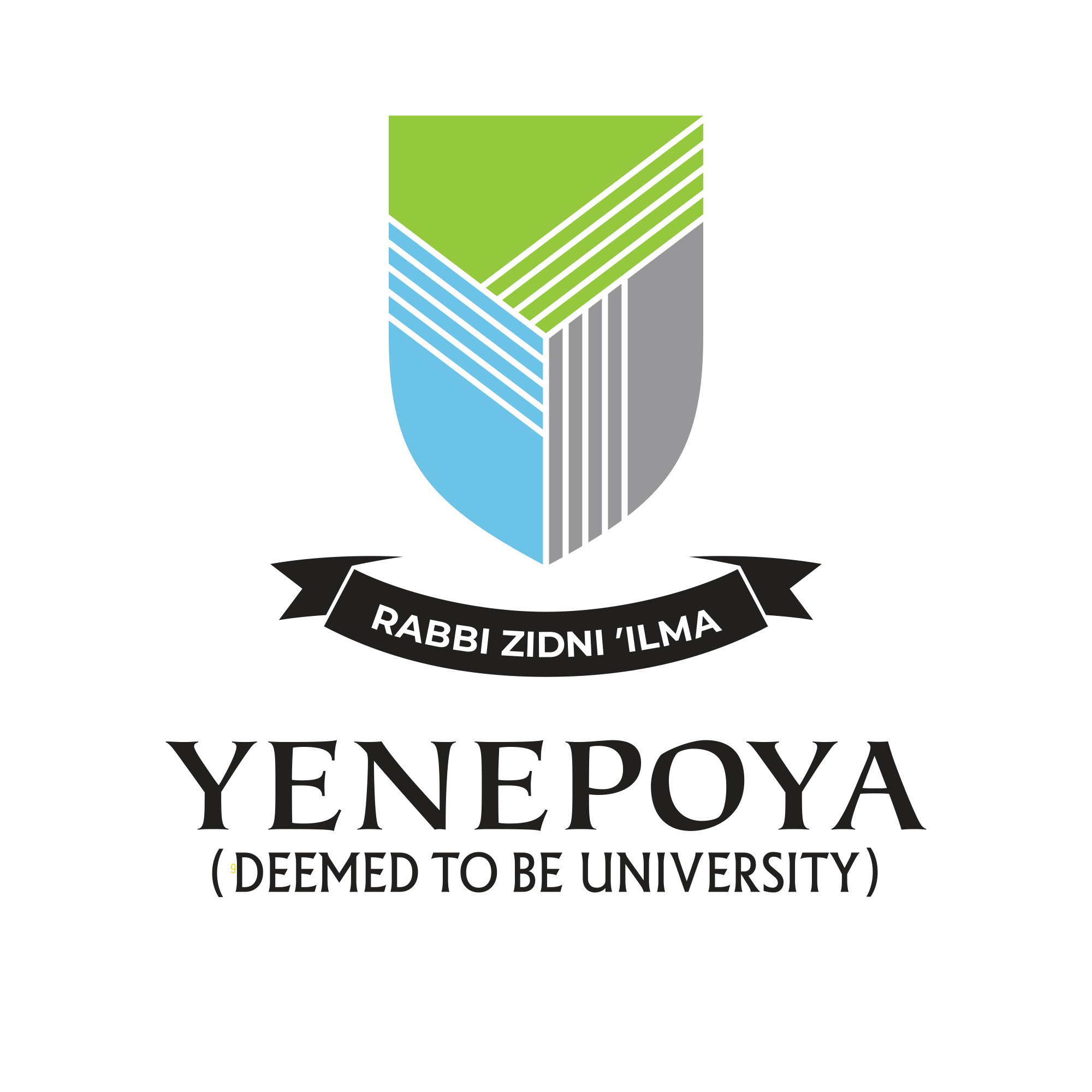
Yenepoya University, Mangalore
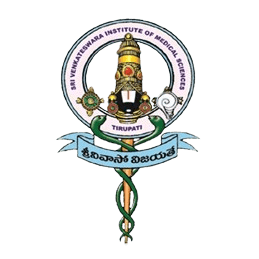
Sri Venkateswara Institute Of Medical Sciences - Deemed to be University (SVIMS).
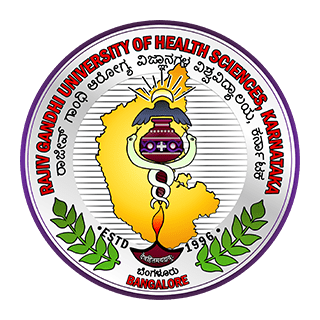
Rajiv Gandhi University of Health Sciences, Karnataka
BSc Nursing full form is Bachelor of Science in Nursing. The BSc Nursing course duration is a four-year undergraduate course that prepares candidates who wish to become registered nurses and equips students to serve mankind via medical treatment. Course includes a combination of classroom instruction and clinical training in various healthcare settings.
ELIGIBILITY
To pursue a BSc Nursing course, candidates must have passed Class 12 in the Science stream with PCB (Physics, Chemistry, and Biology) subjects. However, other popular exam scores for BSc Nursing admission include KCET, NEET, CUET, AIIMS Paramedical, IPU CET, BVP CET, AIIMS, PGIMER, etc.
Career Scope: Job Profiles, Salary and Statistics
Freshly graduated nurses can anticipate earning between INR 2.5 to 3 LPA initially, with experienced nurses garnering salaries ranging from INR 5 to 9 LPA after five years in the field.
India has 1.7 nurses per 1000 people, which is less than the WHO-mandated 3 nurses per 1000 people. By 2024, India will require an additional 4.3 million nurses. B.Sc Nursing graduates can begin their careers by working in a private/government hospital or as a tutor in a school, to mention a few options. In terms of promotion, prevention, treatment, care, and rehabilitation, BSc Nursing course graduates also give healthcare. The pandemic has had a significant positive impact on the healthcare industry.
The GNM Nursing course is structured into three years of instruction followed by six months of required internship. Internships are available in Nursing homes, hospitals, and even private medical firms and companies for students. GNM is an ideal course for those who want to aid sick people and doctors in various hospitals.
Basic Regular GNM and Distance GNM are the two most popular types of GNM Nursing courses in India.
The GNM syllabus is intended to teach students concepts linked to nursing and medical health care.
ELIGIBILITY
There is no centralised examination for GNM Nursing.
Candidates must pass the 10+2 examination(any stream) from a recognized board with a minimum of 40 – 50% marks.
Career Scope: Job Profiles, Salary and Statistics
Candidates who complete the GNM Nursing course can pursue careers in Nursing such as Clinical Nurse Specialists, Legal Nurse Consultants, Forensic Nurses, Traveling Nurses, and so on. The average salary that a graduate of the GNM Nursing course earns is up to INR 9 LPA.
Post Basic B.Sc. Nursing (PB-B.Sc.) is a two-year undergraduate programme designed to inculcate an in-depth understanding of advanced level nursing. Under this programme, aspirants brush up their learning to provide complete medical care to the patients. The students acquire both surgical and non-surgical nursing skills that prepare them for varied real-world clinical and hospital settings.
ELIGIBILITY
The eligibility criterion is minimum 50% for a Diploma or Certificate program in Nursing, such as General Nursing and Midwifery (GNM) or Auxiliary Nurse Midwife (ANM) from an INC approved nursing school.
Career Scope: Job Profiles, Salary and Statistics
A Post Basic BSc Nursing course can open up various career opportunities and avenues for registered nurses (RNs) who wish to advance their careers and specialise in specific areas of Nursing.
Many Post Basic BSc Nursing graduates continue to work as clinical nurses, but their advanced education allows them to take on more specialised roles in areas such as Critical Care, Pediatric Nursing, Psychiatric Nursing, or Gerontology. Post Basic BSc Nursing graduates may work in hospitals, clinics, long-term care facilities, or home healthcare settings.
MSc Nursing, or Master of Science in Nursing, is a 2-year PG course that prepares registered nurses (RNs) for advanced practice roles in specialized areas of Nursing or leadership positions within the healthcare system. The MSc Nursing curriculum typically includes advanced coursework in nursing theory, research methods, healthcare policy, leadership, and specialized clinical practice.
ELIGIBILITY
To be eligible for MSc Nursing, candidates must have passed BSc Nursing or Post Basic BSc Nursing with a minimum of 55% from an INC approved nursing college in India.
Career Scope: Job Profiles, Salary and Statistics
The MSc Nursing graduates can opt for job profiles such as Clinical Nurse Managers, Staff Nurses, Nurse Educators or Registered Nurses. Many top recruiters employ MSc Nursing graduates such as Fortis Hospitals, Columbia Asia Hospitals, CMC, Ayurvedic treatment centres, AIIMS, etc. MSc Nursing job openings in India are available in both public and private hospitals. MSc Nursing scope and pay in India not only gives students a diverse variety of study alternatives and a competitive wage, but it also assists them in overcoming employment obstacles. After earning an MSc Nursing degree, students can pursue a variety of job opportunities.
Frequently Asked Questions
You don’t need to take NEET to join BSc Nursing. Many colleges have their own entrance exams for BSc Nursing courses. You can start nursing after finishing your 12th grade with at least 45% marks in science subjects (Physics, Chemistry, Biology, and English). BSc Nursing is a degree program that prepares you for a nursing career. It has two parts: Basic (4 years) and post Basic (2 years). And Gocco Edu helps you find the best colleges and universities for nursing.
To choose the right college for B.Sc Nursing, consider factors like accreditation, faculty expertise, facilities, and placement opportunities. Also, research the course curriculum and student reviews. Gocco Edu provides the best colleges and universities for nursing, guiding you through the selection process
B.Sc Nursing stands for Bachelor of Science in Nursing. It’s a degree program that prepares students for a career in nursing. During the course, students learn about healthcare, medical procedures, patient care, and nursing practices. Upon completion, graduates can work as registered nurses in hospitals, clinics, and other healthcare settings.
B.Sc Nursing and MBBS are both demanding in their own ways. B.Sc Nursing focuses on nursing practices, patient care, and healthcare management, while MBBS covers a broader range of medical subjects, including diagnosis, treatment, and surgery. Both programs require dedication, hard work, and critical thinking skills. The level of difficulty can vary depending on individual strengths and interests. Ultimately, it’s about choosing the path that aligns with your passion and career goals.
B.Sc Nursing and GNM Nursing are different in terms of the level of education and scope of practice. B.Sc Nursing is a bachelor’s degree program that offers in-depth theoretical and practical knowledge in nursing, leading to a broader understanding of healthcare and career opportunities. On the other hand, GNM Nursing, or General Nursing and Midwifery, is a diploma course that focuses more on practical training and basic nursing skills.
While both paths prepare individuals for nursing careers, B.Sc Nursing provides a more comprehensive education and opens up opportunities for advanced practice, leadership roles, and further specialization.
Gocco Edu provides guidance on the best colleges and universities for both B.Sc Nursing and GNM Nursing, helping students choose the right course that aligns with their career aspirations and educational preferences
Educational Qualifications: Candidates must have completed their 10+2 or equivalent examination with Science subjects (Physics, Chemistry, Biology, and English) from a recognized board.
Minimum Marks: Most institutions require candidates to have obtained a minimum aggregate of around 45-50% marks in their qualifying examination. However, specific requirements may vary among colleges.
Age Limit: There may be an age limit for admission, often ranging from 17 to 35 years, although this can also vary depending on the institution.
Entrance Exams: Some colleges and universities conduct entrance exams for admission to their B.Sc Nursing programs. Candidates need to qualify in these exams to secure admission.
Counselling Process: After qualifying in the entrance exam (if applicable), candidates may need to participate in a counseling process conducted by the respective institutions.
These criteria may vary slightly from one college to another, so it’s essential for prospective students to check the specific requirements of each institution they are interested in.
Yes, it is possible to pursue B. Sc Nursing without appearing for NEET or AIIMS entrance exams. While some colleges may consider NEET scores for admission to B. Sc Nursing programs, many institutions conduct their own entrance exams or have different admission criteria. These criteria may include qualifying examinations, such as 10+2 with science subjects (Physics, Chemistry, Biology, and English), minimum aggregate marks, and possibly an entrance exam specific to the nursing program.
Get started
Take the next step with Gocco Edu! Apply now for a brighter future filled with educational opportunities and growth.

We
are
better
together.
Drop your contact details into the form, and we’ll reach out to you!


